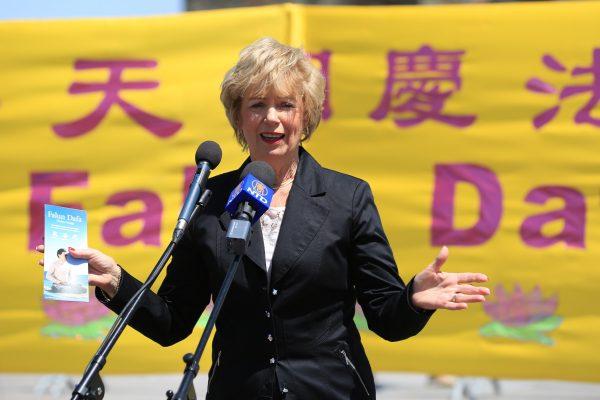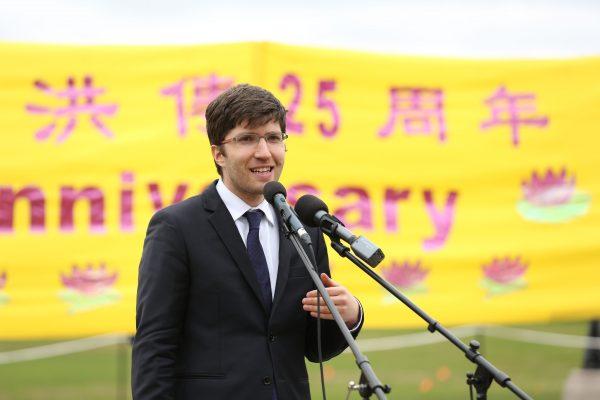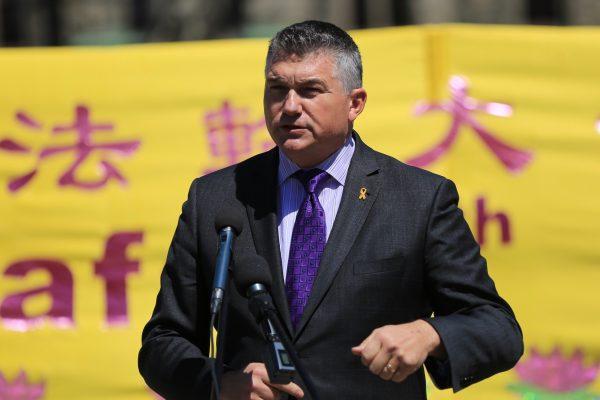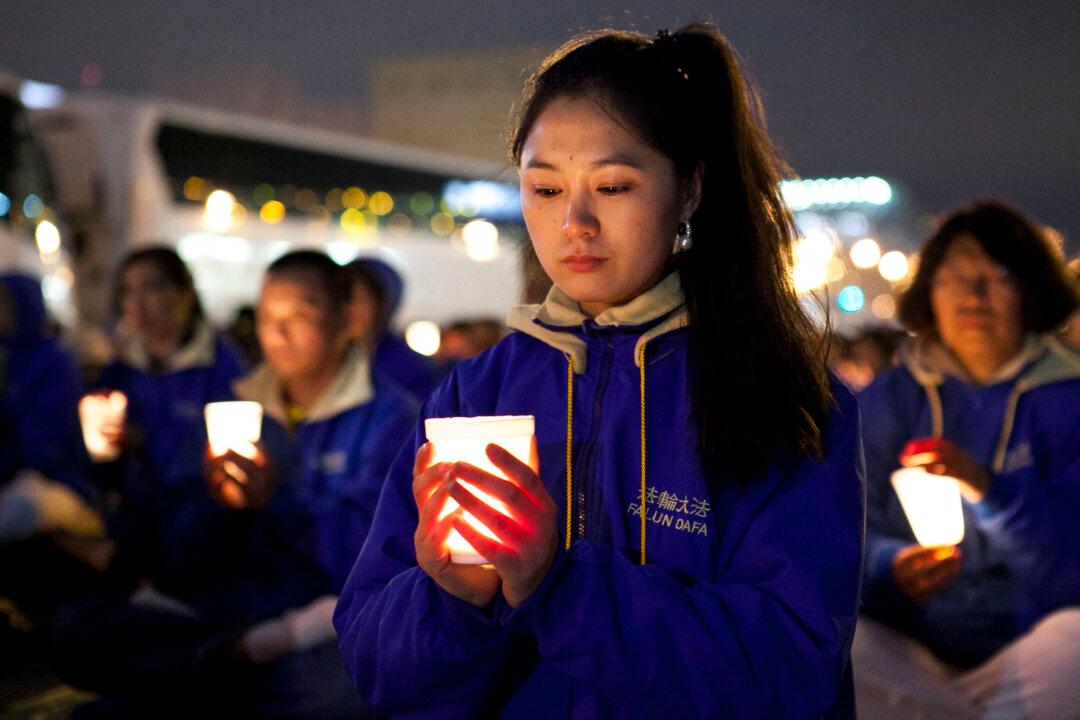The largest-ever peaceful protest in Chinese history was held 21 years ago to put forward a simple request: to be able to freely practice meditation and live by the three principles of truthfulness, compassion, and tolerance.
“Thousands of people gathered on [April 25,] 1999, to protest the detention and harassment of Falun Gong practitioners,” says Peter Kent, a Conservative MP and co-chair of the Parliamentary Friends of Falun Gong.
The gathering of over 10,000 adherents of Falun Gong, also known as Falun Dafa, was held near the headquarters of the Chinese Communist Party (CCP) in Beijing.
A few days before the gathering, over a dozen Falun Gong adherents were detained in the city of Tianjin after they requested a correction be run in a state-run magazine slandering their practice. The government had also banned publication of the practices’ teachings.
“They just wanted to let the government know that Falun Dafa practitioners are good people, and to call on the government to allow them to follow their practice free from harassment,” says Xun Li, president of the Falun Dafa Association of Canada. Li says the peaceful meditation discipline consists of five gentle exercises and the three moral principles.

The initial response from the authorities on the day of the protest was positive, Kent says. After then-premier Zhu Rongji came out to meet with representatives of the petitioners and listened to their concerns, everyone went home.
“But then only a few months later in July, [then-Chinese leader] Jiang Zemin’s regime started a brutal crackdown, and the persecution has continued ever since,” Kent says.
Kent, a former cabinet minister in the government of Stephen Harper and a former anchor for CBC and NBC, has been going to events marking the anniversary of the peaceful protest consistently. This year, due to social distancing rules amidst the COVID-19 pandemic, he marked the event remotely.
“It’s important that we mark this anniversary, even though the world is preoccupied with the COVID-19 pandemic,” he said.
“It’s important that we remember that many of the elements that have made this pandemic so serious, tragically deadly, are a result of the same repressive, cruel, deadly, brutal policies of the regime in Beijing.”
“We know how cruelly desperate the communist regime can be,” Kent says, citing as examples the Tiananmen Square massacre and the persecution campaign against Falun Gong adherents, which includes live organ harvesting from Falun Gong prisoners of conscience.
‘Right the Wrongs’
Judy Sgro, a Liberal MP and fellow co-chair of the Parliamentary Friends of Falun Gong, also marked the anniversary of the historic gathering remotely.“This is an event that many of us on the [Parliament] Hill have attended for many years in recognition of the persecution of Falun Gong,” Sgro said.

Instead, this year she issued a statement, saying she is “disheartened” that as the COVID-19 “pandemic is sweeping across the world,” the persecution of Falun Gong continues in China.
Standing Up
Conservative MP Garnett Genuis, his party’s shadow minister for Canada-China relations, says the Conservatives “continue to be deeply concerned about the persecution of Falun Gong practitioners in China.”
Genuis has proposed legislation in consecutive parliaments related to the issue of transplant abuse. Although the legislation doesn’t directly name China, Genuis has said it can be used for a case such as China’s state-sanctioned forced organ harvesting from Falun Gong prisoners of conscience. This includes banning the entry of individuals responsible for transplant abuse into Canada, and preventing Canadians from receiving organs in countries that have questionable sources of organs.
‘Battle Against Oppression’
Conservative MP James Bezan championed Canada having its own version of a Magnitsky Act for a long time. His efforts finally came to fruition in late 2017 when Parliament passed the Justice for Victims of Corrupt Foreign Officials Act into law. The legislation imposes sanctions on individuals who perpetrate human rights violations in other countries, such as banning their entry into Canada or engaging in financial transactions with Canadians.
Now, he says, this legislation should be used to hold those who persecute Falun Gong adherents to account.
“We stand in solidarity with [Falun Gong adherents] that are still in China,” Bezan says.
“For those … who have been able to escape the communist regime in Beijing [but] have family and friends and loved ones back in mainland China, we stand with [them] as well and we will stand in the battle against oppression.”





